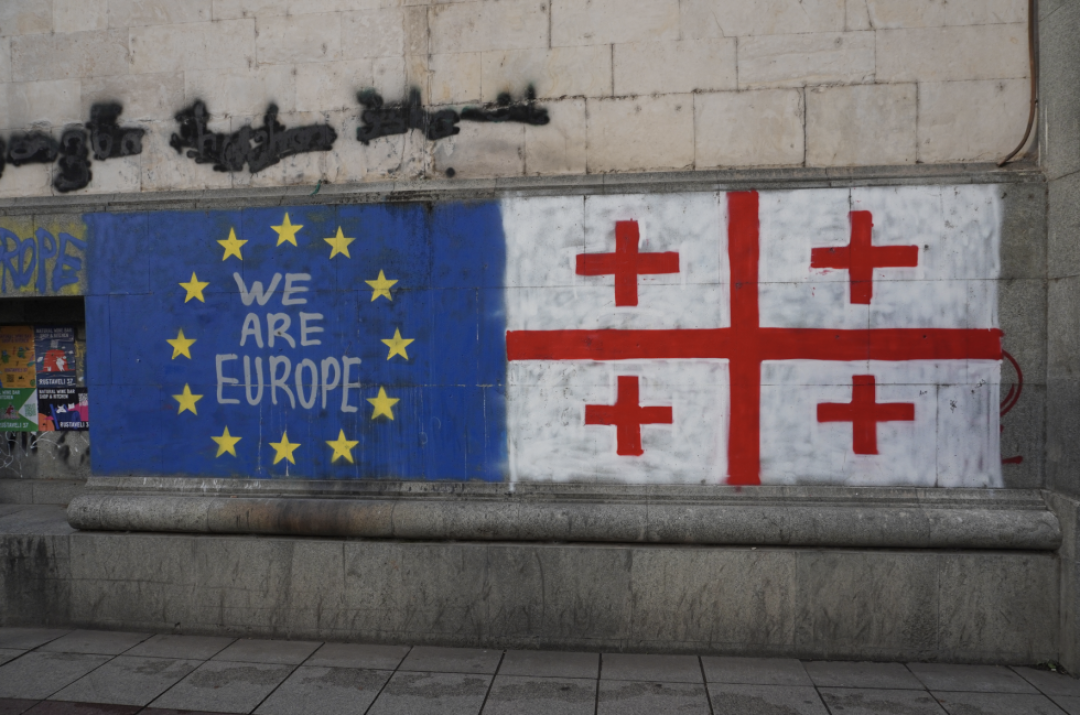
Tensions in Georgia: US and EU Condemn Crackdown on Protesters as Security Service Warns of Violence

On December 9, Robin Dunnigan, the US Ambassador to Georgia, met with Levan Ioseliani, the Georgian Ombudsman, to discuss the role of the public defender's office in protecting Georgians' rights. The US Embassy issued a statement demanding accountability for those responsible for violence and calling for the immediate release of detained protesters. The statement emphasized that those responsible for the brutal and unjustified violence, including against demonstrators, media representatives, and members of the opposition, must be held accountable, and those detained for exercising their right to assembly and expression must be released.
On December 10, the Georgian State Security Service (SSS) issued a statement claiming that organizers of "destructive and criminal acts" were planning to disrupt the December 14 presidential election through extreme violence, including the "sacrifice of 2-3 people" to incite unrest. According to the SSS, local actors were implementing a plan with the support of foreign special services, using tactics associated with "colored revolutions." The SSS claimed that acts of violence against law enforcement and attacks on journalists were part of this plan. They also alleged that destructive groups had destroyed surveillance cameras to prevent the identification of individuals involved in criminal acts. The SSS called on the public to remain vigilant, urging citizens to document suspicious activities and report them to law enforcement.
On December 10, Anitta Hipper, the EU’s Lead Spokesperson for Foreign Affairs and Security Policy, issued a statement condemning the Georgian government's response to the ongoing pro-EU protests. Hipper highlighted severe human rights violations, noting that over 400 individuals had been detained, and more than 300 had reportedly suffered violence or ill-treatment during the protests. The EU denounced the "repressive actions" against protesters, media representatives, and opposition figures, demanding the immediate release of detainees and an end to political persecution. Hipper warned that the persistent democratic backslide, and the recent repressive means used by Georgian authorities have consequences for the bilateral relations and that the EU would consider additional measures at the Foreign Affairs Council meeting on December 16. She urged Georgian Dream to de-escalate the situation, stressing that "violence is not the answer to the protesters' demands for Georgia's democratic and European future."
See Also


Mirzoyan Meets US Deputy Assistant Secretary Joshua Huck

Azerbaijani President Holds Talks with UAE and German Business Delegations on Economic Cooperation

Grigoryan Confirms Armenia’s Readiness to Dissolve OSCE Minsk Group Upon Peace Treaty Signing

Azerbaijani Official Warns of Ecological Risks to Caspian Sea, Similar to Lake Urmia and Aral Sea

